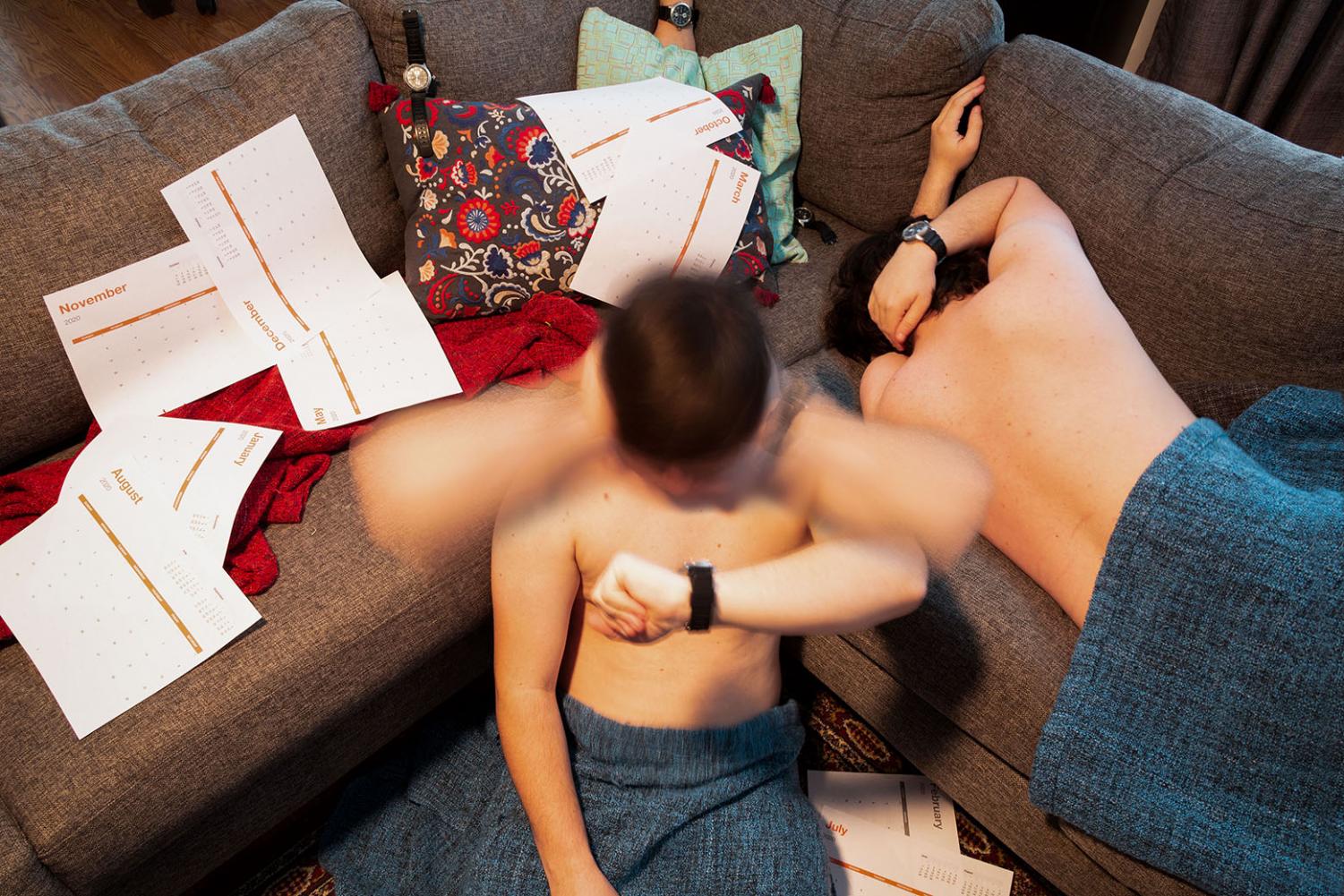Campus experts offer advice on how to overcome burnout
March 28, 2021
Burnout is a state of emotional, physical and mental exhaustion caused by prolonged stress that typically generates anxiety and a lack of motivation. With high-stakes tests, essays and other assignments, university is a breeding ground for burnout, and MSU is no exception.
“College is a marathon and not a sprint. It can be easy to become tired and worn out during the semester due to all of the pressures from the academic side and everyday issues everyone deals with, such as concerns about health, money, and family,” Laura Hetrick, licensed professional counselor and Title IX director and coordinator, said.
Pam Midgett, licensed professional counselor and director of the counseling center, says college students are at higher risk for burnout because of pressures both internal and external. Students attending college for the first time are particularly at risk because they are leaving a familiar environment for a completely new one.
“Students are away from family and all things familiar. While this may be a welcome change for some students, it still is different. Students have received many messages about college from family, former teachers and the media. These messages may include that they will have great academic success or perhaps they will never make it past the first year. Some believe they are not worthwhile unless they make perfect grades. These messages can create almost a pressure cooker inside the student and many eventually burnout,” Midgett said.
According to Kylie Kerr, licensed professional counselor at the MSU Texas counseling center, there has been an increase of reported burnout symptoms from students this semester. Some of the symptoms of burnout reported by students include exhaustion, stress, self-doubt and anxiety. These symptoms increase during the middle and end of the semester because of heavy course loads and upcoming midterms and final exams.
“Many students report that the aforementioned symptoms are due to increasing demands from professors and deadlines approaching for assignments and exams. Most students report feeling overwhelmed by the amount of work they have to do for classes. The biggest stressor reported by many students is the struggle to balance their classwork and exams with the amount of time they have during a day. Most symptoms discussed… are often reported as directly relating to the student struggling with time management, study skills, and struggles with specific subjects that they may be having a hard time with. Based on what I have heard from our students there is not one simple answer for why, but rather it is a combination of many different factors involved in the college experience that can contribute to a rise in such symptoms,” Kerr said.
Kerr sees a correlation between the amount a student relaxes and how burnt out they are. Some of the students she has spoken with have listed the shortened semester as a direct cause of their exhaustion from school.
“I have noticed that many students who do not take time for self-care and time to relax in between semesters have reported higher rates of burnout and exhaustion. The most recent reports I hear from students is that having a shorter semester, spring break being canceled, has caused them to experience more stress as they reported not feeling that they have as much time to complete coursework and prepare for exams. There does seem to be a direct correlation between less of a break, both during a semester, and between semesters, and the reports from students of exhaustion and burnout with school,” Kerr said.
Students appear to not be the only members of MSU experiencing burnout. Kerr said she believed faculty and staff are experiencing similar burnout, and Angie Reay, Redwine Wellness Center director, agreed with her. Reay teaches several classes and noted her increased workload this semester, but she stated she believed the students still have it worse.
“I have [felt burnout]. I have taken on responsibilities, had to plan for the unknown and juggled the stresses of life. I believe that our students are struggling more this year. While school is stressful enough, our students are challenged with the pandemic, how it has impacted their families and navigated through a challenging time in their lives,” Reay said. “Our students are trying to handle a lot right now and have felt not having a break. For the university, it was the best decision to try and keep our students safe.”
In a study conducted by the National Library of Medicine, 71% of college students surveyed indicated worsening stress and anxiety due to the ongoing COVID-19 pandemic. Restrictions implemented because of the pandemic have also made it harder to socialize and relax in some of the ways students are used to, but Midgett says students can still find ways to combat burnout, even during the outbreak.
“It is important to exercise some control over where you focus your time. It is healthy to focus on topics that you find are meaningful and important and to balance those with positive messages about yourself and your future. We need to follow appropriate guidance and then gather in small socially distant groups. Plan to meet several friends for a scheduled lunch each week, meet another friend for a walk around the lake several times a week, organize a zoom group where you read a great book and discuss your thoughts and opinions about the book. Make a vision board of all the places you would like to travel. Get ready for a great future,” Midgett said.

